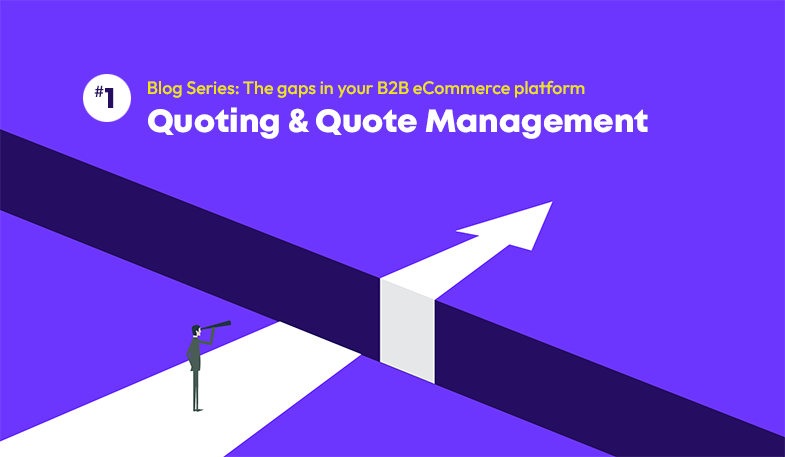Evaluating Your Marketplace Options: Stand-alone or Fully Integrated?

From the Ultra Commerce Marketing Team,
As your organization scales, it is natural to look for new areas of revenue growth to double down on your bottom-line success. Establishing a Marketplace, one central and digital location to host multiple sellers while maintaining control over your buyers’ experiences is one effective way to boost revenue durability and add a new channel or source for revenue.
There is no shortage of Marketplace options in the marketplace, so to speak, but the benefits of implementing a Marketplace capability as part of a fully integrated eCommerce platform far surpass any benefits associated with a standalone Marketplace. To point:
-
Initial and ongoing costs. It’s simple math. Paying for a single license for all your digital commerce requirements, including a Marketplace, is more cost effective than paying, implementing and maintaining multiple sets of technologies.
-
Upgrade and risk complexity. Multiple technologies i.e. Marketplace as a separate entity from the rest of your digital commerce platform, leads to increased risk with outdated versions of your technologies in need of constant upgrades and added versions. Plus updated versions of your stand-alone Marketplace may not necessarily integrate as well with your existing technologies as the initial version you adopted.
- Operational efficiency. A single platform with Marketplace as an out-of-the-box feature or module leads to a streamlined and efficient internal mastery of the system. Your team(s) don’t have to learn or master multiple systems or operations, leading to increased operational efficiency.
- Problem resolution. Ability to locate the root cause of technology challenges quickly instead of having to troubleshoot multiple products or platforms when issues arise.
- Control center. A single pane of glass or one universal web portal for all of your different customer sets (e.g. D2C, B2B) and internal systems.

These aforementioned advantages to adopting a single eCommerce platform with Marketplace as opposed to multiple products lead back to one main overarching advantage: Revenue growth and increasing profit margins.
It also leads to a happier and more productive employee base and, more importantly, satisfied customers. Their user experience just went up by interacting with a fully integrated platform, as opposed to a platform made up of unconnected, disparate systems and experiences.
“Marketplaces are all the hype at the moment, whether you’re a pure play, a B2C looking to add additional revenue streams or a B2B organization looking to bring together multiple BU’s in one place for your customers, it’s important to think about what complexity this adds to your digital environment,” said Katie Towers, head of sales and partnerships APAC, Ultra Commerce.
“Adding yet another point product, the cost of development and integrations as well as upgrades is something that more customers are looking to move away from,” Towers added. “What we talk to customers about is what other issues are manifesting in their core commerce that we could solve along with providing them a marketplace.”
We want to learn more about your challenges around digital growth. Adopting a Marketplace as part of our fully integrated eCommerce platform may be your solution. Drop us a line and we’ll chat.
Resource Center

A new blog series about the critical eCommerce capabilities missing in most eCommerce platforms for B2B companies. #1: Quoting & Sales Support

A closer look from the Ultra perspective on what we really mean when we talk about headless commerce and why it may not be right for every company.

Davis Art is now the only online K-12 publisher dedicated to the arts, creating top-notch curriculum and resources for art educators nationwide, all from the Ultra Commerce platform.
